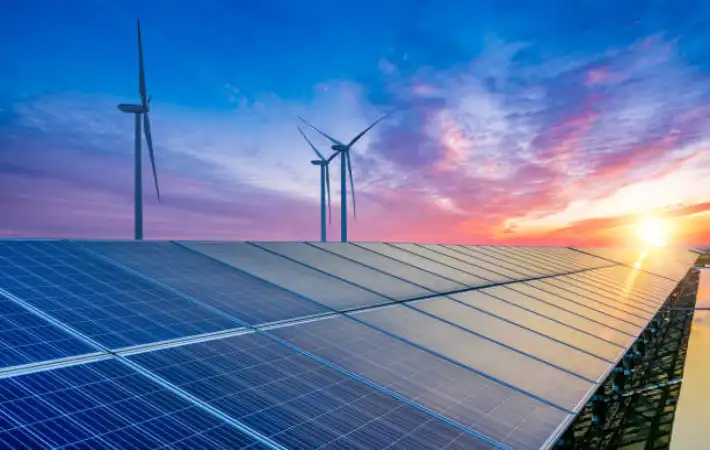Indonesia, a country known for its abundant sunlight and diverse landscapes, has been gradually turning to solar energy to meet its growing electricity needs. The adoption of solar power brings numerous benefits to the archipelago, addressing both environmental and economic concerns.
Five Key Advantages Of Solar Energy In Indonesia:
Sustainable Energy Source
With approximately 12 hours of sunlight per day throughout the year in most regions, Indonesia boasts an exceptional solar energy potential. By harnessing this renewable resource, the country can reduce its reliance on fossil fuels, which not only helps mitigate climate change but also ensures a more sustainable energy future. Solar power provides a clean and infinite source of electricity, reducing greenhouse gas emissions and minimizing environmental degradation associated with traditional energy generation methods.
Energy Security and Independence
Indonesia’s reliance on imported fossil fuels for electricity generation poses significant challenges to its energy security and economic stability. By investing in solar energy Indonesia infrastructure, the country can diversify its energy mix and reduce its dependence on costly fuel imports. Solar power offers a decentralized energy solution, allowing remote communities and islands to gain access to reliable electricity without the need for extensive grid infrastructure. This enhances energy independence and resilience, particularly in regions prone to natural disasters or geopolitical uncertainties.
Cost Savings and Economic Growth
The declining cost of solar photovoltaic (PV) technology, coupled with favorable government policies and incentives, has made solar energy increasingly affordable and attractive for businesses, homeowners, and utilities in Indonesia. Investing in solar power installations not only reduces electricity bills over the long term but also creates jobs and stimulates economic growth. The solar industry provides opportunities for local manufacturing, installation, and maintenance services, fostering entrepreneurship and enhancing the country’s energy self-sufficiency.
Environmental Benefits
Transitioning to solar energy helps Indonesia mitigate the adverse environmental impacts associated with conventional energy sources, such as coal and diesel. Solar power generation produces no greenhouse gas emissions or air pollutants during operation, thereby improving air quality and public health. Moreover, solar installations have minimal land and water requirements compared to fossil fuel power plants, preserving valuable natural resources and biodiversity. By embracing solar energy, Indonesia can fulfill its commitment to combat climate change and promote sustainable development.
Rural Electrification and Energy Access
Many remote areas in Indonesia lack access to reliable electricity, hindering economic development and social progress. Solar energy offers a viable solution to address energy poverty by providing off-grid and mini-grid systems to underserved communities. These decentralized solar installations empower rural households, schools, healthcare facilities, and businesses to access clean and affordable electricity, improving living standards and fostering inclusive growth. Additionally, solar-powered water pumping and irrigation systems contribute to agricultural productivity and food security in remote areas, enhancing resilience to climate variability.
Conclusion:
Solar energy presents a compelling solution to Indonesia’s energy challenges, offering a path towards a more sustainable, secure, and inclusive energy future. By harnessing its abundant sunlight resources, Indonesia can reduce carbon emissions, enhance energy security, drive economic growth, and improve access to electricity for all citizens. Continued investment in solar infrastructure, coupled with supportive policies and partnerships, will be crucial in unlocking the full potential of solar energy and advancing Indonesia’s transition towards a low-carbon economy.

